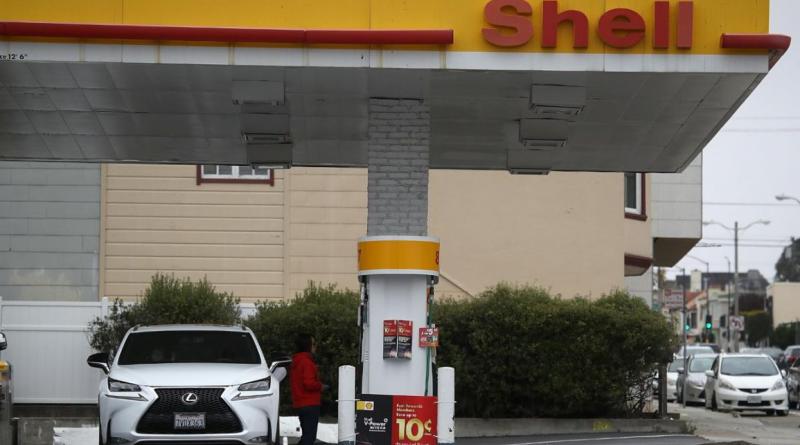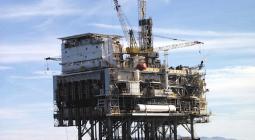Shell Claims It Reached Peak Oil Production in 2019.

Fossil fuel giant Shell says it has already reached peak oil production.
In a statement on Thursday, the Netherlands-based company said that its carbon dioxide emissions had peaked in 2018 at 1.7 gigatonnes per year and its oil production had peaked in 2019.
"Our accelerated strategy will drive down carbon emissions and will deliver value for our shareholders, our customers and wider society," Royal Dutch Shell Chief Executive Officer Ben van Beurden said in the statement.
Shell reiterated its commitment to reaching net zero emissions by 2050. It also ramped up its targets for getting there, CNBC reported. Previously, the company had pledged to cut total emissions by at least three percent by 2022, 30 percent by 2035 and 65 percent by 2050, compared with 2016 levels. Its new timeline promises a net reduction of six to eight percent by 2023, 20 percent by 2030, 45 percent by 2035 and 100 percent by 2050.
Shell also said that it aims to have 25 million tonnes a year more carbon capture capacity by 2035 and would invest in nature-based solutions to offset 120 million tonnes of carbon dioxide emissions a year by 2030. Plus, there are plans to invest $2 to $3 billion a year in renewable energy, but experts questioned this amount as it fell behind the promised spending of other fossil fuel companies, The New York Times reported.
"Despite the green spin, the substance would suggest a more cautious approach to renewables," Stuart Joyner, an analyst at market research firm Redburn, told The New York Times.
Environmental groups also criticized Shell for focusing on offsetting emissions rather than fully transitioning away from fossil fuels.
"Shell will continue to invest more than 80 percent in oil and gas in the upcoming years, while investments in renewable energy are lagging far behind," Friends of the Earth Netherlands said in a statement reported by CNN.
While Shell has pledged oil production will decline from the nearly 1.9 billion barrels of oil a day it produced in 2019, the company is still expected to produce more than one million barrels of oil a day by 2050.
Shell is one of 100 companies responsible for 71 percent of greenhouse gas emissions since 1988, a 2017 report found. There is also evidence that Shell knew about the dangers posed by the climate crisis as early as 1986, but continued to invest in oil and gas exploration and lobby against climate action.
The announcement comes as oil demand plummeted during the start of the coronavirus pandemic, and some analysts think it will never fully recover, according to CNN. European oil companies BP and Total have also pledged to reach net zero by 2050, while U.S. oil companies ExxonMobil and Chevron have offered no such promises.
11 February 2021
EcoWatch




